
Climate stakeholders, including government officials and activists at the maiden Africa Climate Communication Conference and Exhibition (ACCCE) 2023 in Accra, have emphasised the urgent need for improved climate communication strategies.
This is to make climate change information more accessible and relevant to the general population, fostering understanding and driving concrete actions.
This is given that climate discussions are often overloaded with technical jargon and abstract concepts, making it challenging for the public to grasp the gravity of the issue. Moreover, those most affected by climate change often lack access to vital information about its causes and potential solutions.
During the conference, various speakers emphasised that many climate change events in Africa and beyond are primarily the result of human activities.
It is to address this that the call was made for communities and societies to be assisted to first appreciate their vulnerabilities and understand the importance of preserving their natural and cultural assets.
The Member of Parliament for Wa East Constituency in the Upper West Region, Godfred Jassaw, who was one of the discussants at the conference, for instance, highlighted the need for more relatable communication strategies.
He suggested that cultural tools, such as theatre for development, could be instrumental in connecting climate discussions with the daily lives and activities of communities.
Also speaking at ACCCE 23, the Minister of Environment, Science, Technology, and Innovation, Dr. Kwaku Afriyie, underscored the need to make communications a central part of addressing climate change.
He stressed the government’s commitment to building institutional structures and frameworks for a climate-resilient economy, underscoring the importance of a collaborative approach.
The conference convener, Kofi Don-Agor, pointed out the existing communication gap hindering effective climate crisis response efforts in the region. A gap that can only be bridged when stakeholders – from governments and businesses to individuals – recognise the significance of climate communication, he added.
It is in view of this that he outlined three key principles for effective climate communication: accuracy and science-based information, engagement and empathy, and action-oriented messaging.
He called upon government, corporations, civil society organisations and individuals to take an active role in communicating the importance of climate action and implementing policies that align with climate goals.
“The availability of quality information and knowledge-sharing about climate change is crucially important because of its ability to motivate citizens, institutions and society as a whole to be more involved in solving the problem,” he stated.
Africa – comprising 17 percent of the world’s population, yet contributing only 4 percent of global carbon emissions – emphasised the importance of equitable global efforts in addressing climate change.
ACCCE 2023 conference was held under the theme ‘From Vulnerability to Resilience: Towards Effective Climate Change Communication Strategies for Africa’.
The aim of the one-day event, among others, was to provide a platform for constructive dialogue, collaboration and knowledge exchange among key stakeholders, experts, policy-makers and communicators.
The post ACCCE 2023 urges enhanced climate communication appeared first on The Business & Financial Times.
Read Full Story
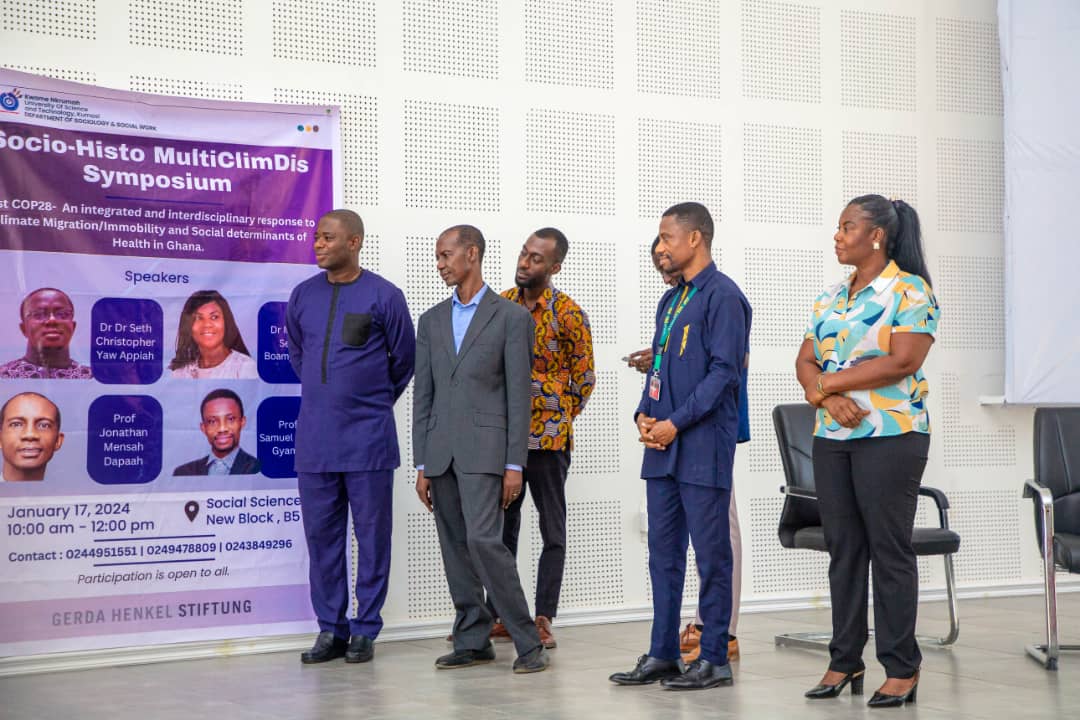

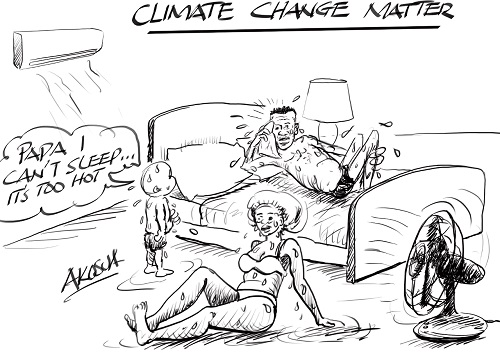

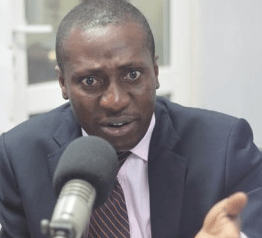



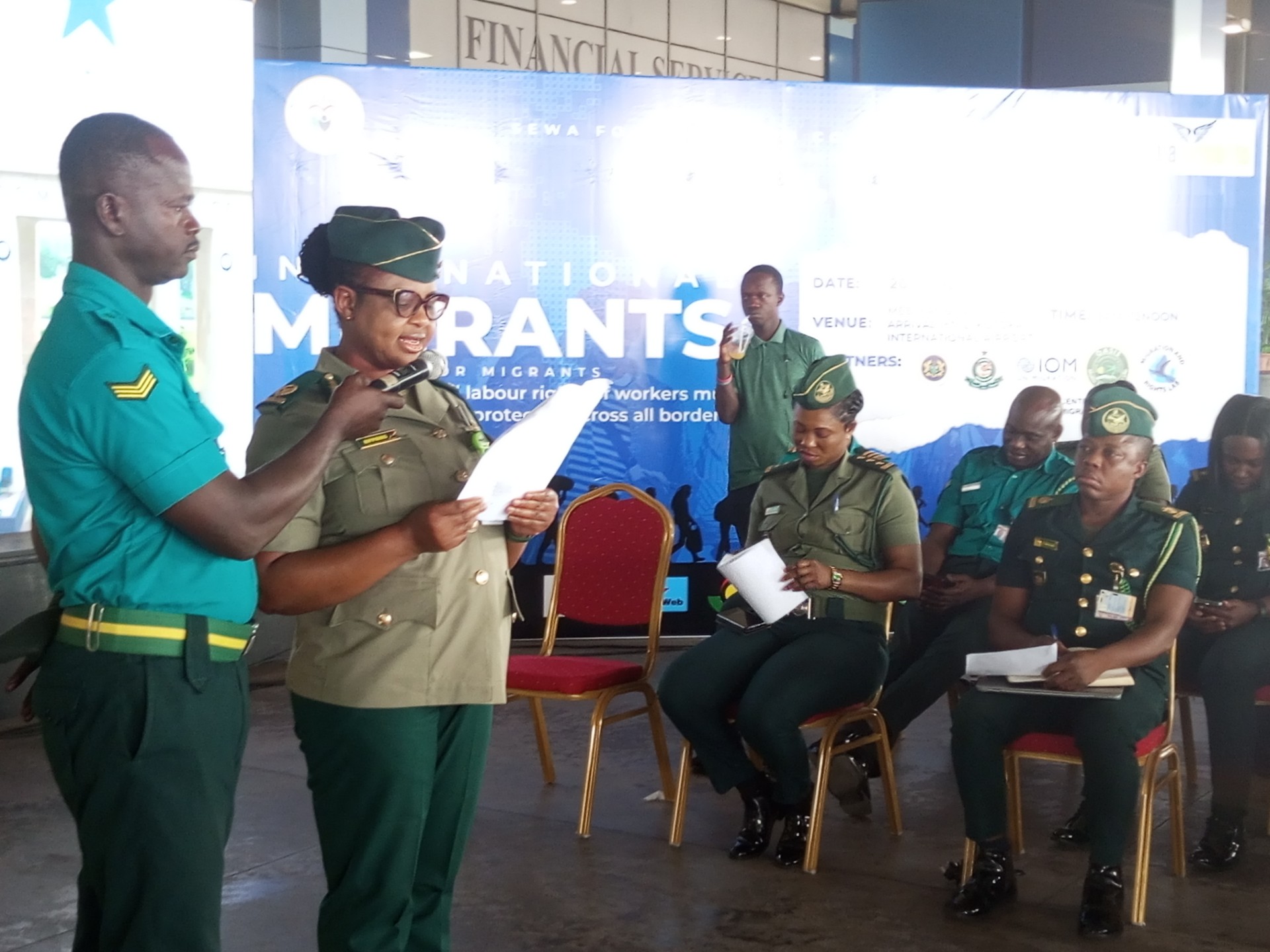
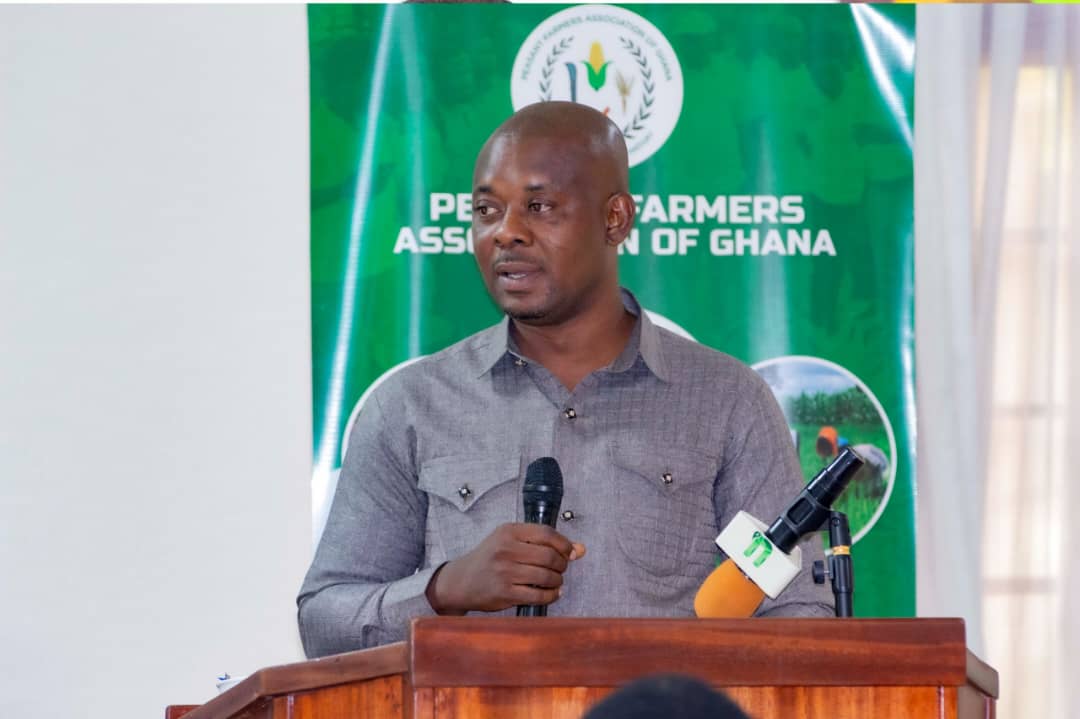

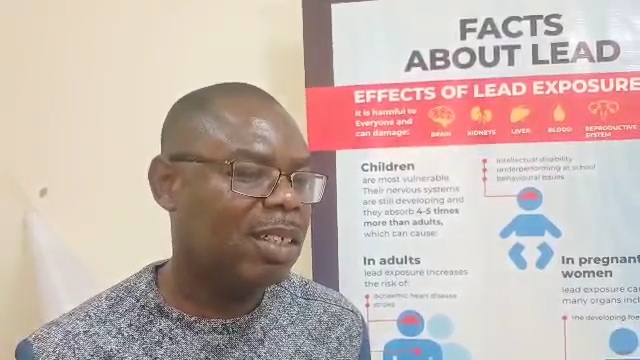

Facebook
Twitter
Pinterest
Instagram
Google+
YouTube
LinkedIn
RSS